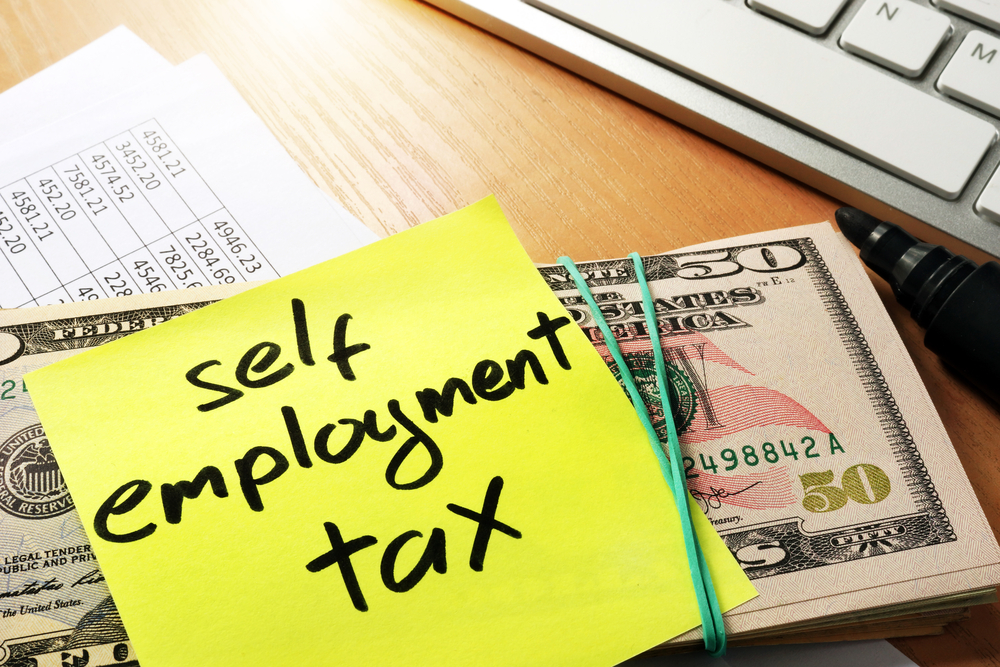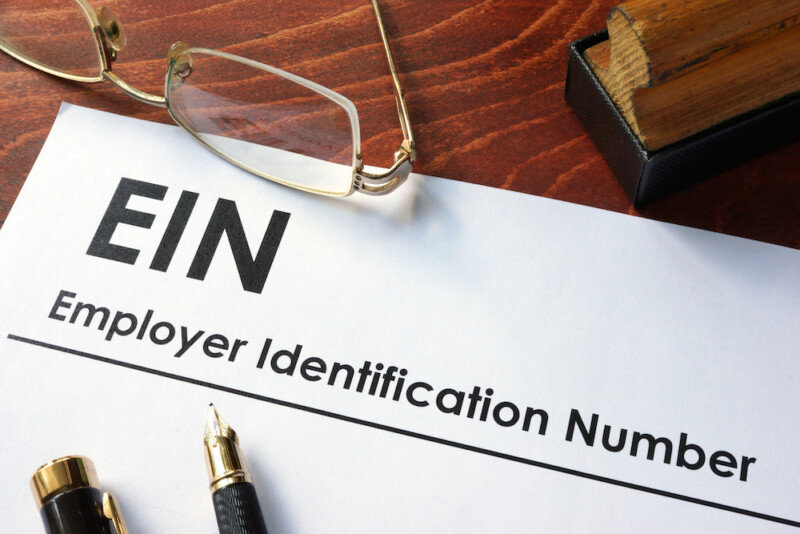Taxes are a cost of conducting business, and small company owners may understand this better than anybody. This page discusses the numerous federal, state, and municipal taxes that small companies must pay, as well as the different tax deductions and credits to which they may be eligible.
Here's what you should know if you own a small company, along with a list of resources to learn more.
Types of Small Business Taxes
Small companies may be subject to a number of taxes at both the federal and municipal levels. They include:
Income Tax
All companies, with the exception of partnerships, are obliged to submit a federal income tax return annually. Partnerships must only file information returns (Form 1065), as partnership revenue is passed on to the partners, who are taxed individually.
The sort of tax return needed varies based on how the firm is legally formed.
Sole proprietorships submit a Form 1040 or 1040-SR, as well as a Schedule C or Schedule F if they operate a farm company.
Individual participants in a partnership must additionally submit a Form 1040 or 1040-SR, together with a Schedule E. The same is true for individual shareholders in S businesses.
C and S companies must file Forms 1120 or 1120-S, accordingly. The 1120-S form is likewise an information return; the S company does not pay federal taxes, but the responsibility is passed on to its individual shareholders.
The filing procedures and tax duties for a limited liability corporation (LLC) vary depending on how it was formed. LLCs may be formed as partnerships, corporations, or "an entity disregarded as separate from its owner" (which means that the owner is taxed as a person, similar to a sole proprietor).
Self-employment Tax

Sole proprietors and individual partners in a partnership are also responsible to Social Security and Medicare self-employment taxes, and they must include Schedule SE with their 1040 or 1040-SR forms.
Employment Tax
Employment taxes apply to sole proprietors, partnerships, and C or S businesses that have workers.
Employment taxes include Social Security and Medicare, which are paid in part by both the employer and the employee. They also include the income deducted from an employee's wages to meet income taxes. Finally, they contain unemployment taxes (FUTA), which the employer pays in full.
With the exception of FUTA, employment taxes are submitted on Forms 941, 943, or 944. FUTA taxes are submitted using Form 940.
Estimated Tax
Estimated taxes are not a distinct tax in and of themselves; rather, they are a method of paying additional taxes throughout the year. Sole proprietors, C companies, and S corporations, as well as individual partners in partnerships and individual shareholders in S corporations, may be required to submit estimated taxes, using Form 1040-ES for individuals or Form 1020-W for businesses, respectively.
Estimated taxes are submitted quarterly rather than yearly, and failing to pay them, or not paying enough in total, may result in underpayment penalties when a person or organization submits their annual tax return.
Excise Tax
Excise taxes may apply to sole proprietorships, partnerships, companies (C corporations), and S corporations. An excise tax is a tax levied on certain commodities and services, such as fuels, air transportation, vaccinations, sport fishing gear, and even indoor tanning.
Excise taxes may be levied by both the federal government and individual states. Depending on the product or service, the payer might be the producer, retailer, importer, or customer.
Some excise taxes, sometimes known as sin taxes, are applied with the goal of deterring or making certain undesirable actions more costly. For example, most states charge an excise tax on cigarettes.
Companies submit excise taxes in one of various types, depending on what is taxed. These include Forms 720, 730, 2290, and 11-C.
Sales Tax
Most states, counties, and localities in the United States levy sales taxes. The United States does not impose a national sales tax.
If a small company sells taxable products or services, it may be obligated to collect and remit sales taxes to the appropriate tax authorities. What defines a taxable item or service, as well as the amount of tax imposed, varies by location, as do tax filing dates.
For a small company that does not currently collect sales taxes, the first step is to register with the state taxation authority.
Read Also: Steps to Becoming an Economist
Other State and Local Taxes
Small companies should be aware of a broad range of additional taxes imposed by states and local governments. They include:
Income taxes. Sole proprietors, individual partners in partnerships, and shareholders in S companies all pay state and local income taxes (if applicable) as part of their personal income tax. companies and S companies file corporate tax forms and are taxed accordingly; however, whether and how S corporations are taxed varies by state. Partnerships may be taxed or not, depending on the state.
Property taxes. Businesses that own buildings, land, or other real property may face state and municipal taxes, just like people. In addition, some state and municipal governments tax tangible personal property, which in the case of a company may include machinery, office equipment, or merchandise.
Franchise taxes. Approximately a dozen states levy a franchise tax on firms of all types (not just franchises) that wish to conduct business in their jurisdiction.
Business licence costs. The federal government, as well as many state and local governments, require certain kinds of enterprises to get licenses and pay the necessary fees—in effect, a form of taxation. According to the United States Small Business Administration, "states tend to regulate a broader range of activities than the federal government." Auctions, construction, and dry cleaning, farming, plumbing, restaurants, retail, and vending machines are some examples of locally controlled businesses.
What is an EIN?

For tax reasons, many small companies need an employer identification number (EIN), commonly known as a federal tax identification number. The Internal Revenue Service (IRS) provides these numbers online and free of charge. In addition, several states issue their own company ID numbers.
Sole proprietors without workers may not need an EIN and may instead use their Social Security number as an identity when filing their taxes. However, they may wish to purchase one in case they recruit personnel in the future.
Tax breaks and credits for small businesses
Small companies, like individual taxpayers, may claim a range of deductions and credits when filing their taxes. Among them:
Business Expenses
The expenses of operating a business are mostly deducted from a company's earnings, lowering its taxable income. Wages, rent, utilities, mileage and travel costs, office supplies, equipment, advertising, internet and wireless services, and other expenditures are all deductible for business purposes. State and local taxes are often deductible on federal taxes for companies.
Depreciation
Rather of deducting the cost of particular property in the year of purchase, firms must depreciate it over time. As a consequence, tax deductions might last for several years.
Home Office Deduction
Sole owners, in example, may be allowed to deduct the expense of a home office that they use "exclusively on a regular basis" to conduct business. They may deduct a proportion of their mortgage interest, insurance, utilities, and repairs, as well as depreciation, based on the square footage of their office compared to the rest of their house.
Tax Credits
Unlike deductions, which lower a company's taxable income, tax credits cut its taxes dollar for dollar. Among the credits available for small firms are:
The Work Opportunity Tax Credit (WOTC) gives companies a tax break if they recruit and employ people of specified "targeted groups," which include qualifying veterans and beneficiaries of different types of government assistance.
The Employer-Provided daycare Credit helps companies cover the expenses of providing or paying daycare for their workers.
The Small Business Health Care Tax Credit reimburses companies for a part of the expenses associated with paying health insurance premiums for workers.
The Qualified Small Business Payroll Tax Credit for Increasing Research efforts offers a credit based on the company's qualified research efforts.
On its website, the IRS provides a list of additional credits as well as the documents necessary to claim them.
How Much Does a Small Business Need to Earn to Be Taxed?
All companies, save partnerships, are required to submit an annual income tax return. That is true even if they report a loss for the year and have no tax due. Sole proprietors must submit a return if their net business income is $400 or more, or if they are obliged to file for other reasons, such as receiving income from other sources that exceeds a specified amount.
Who Must Pay Estimated Taxes?
According to the IRS, "Individuals, including sole proprietors, partners, and S corporation shareholders, generally must make estimated tax payments if they expect to owe $1,000 or more when their return is filed." Corporations are required to make anticipated tax payments if they expect to owe $500 or more when their return is submitted.



